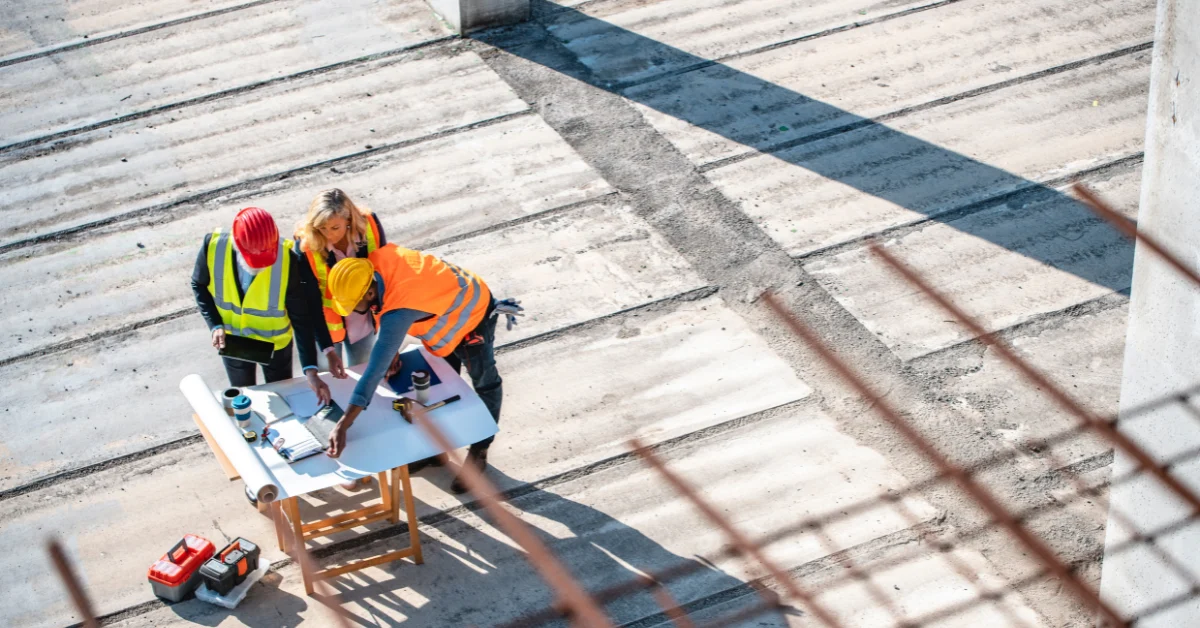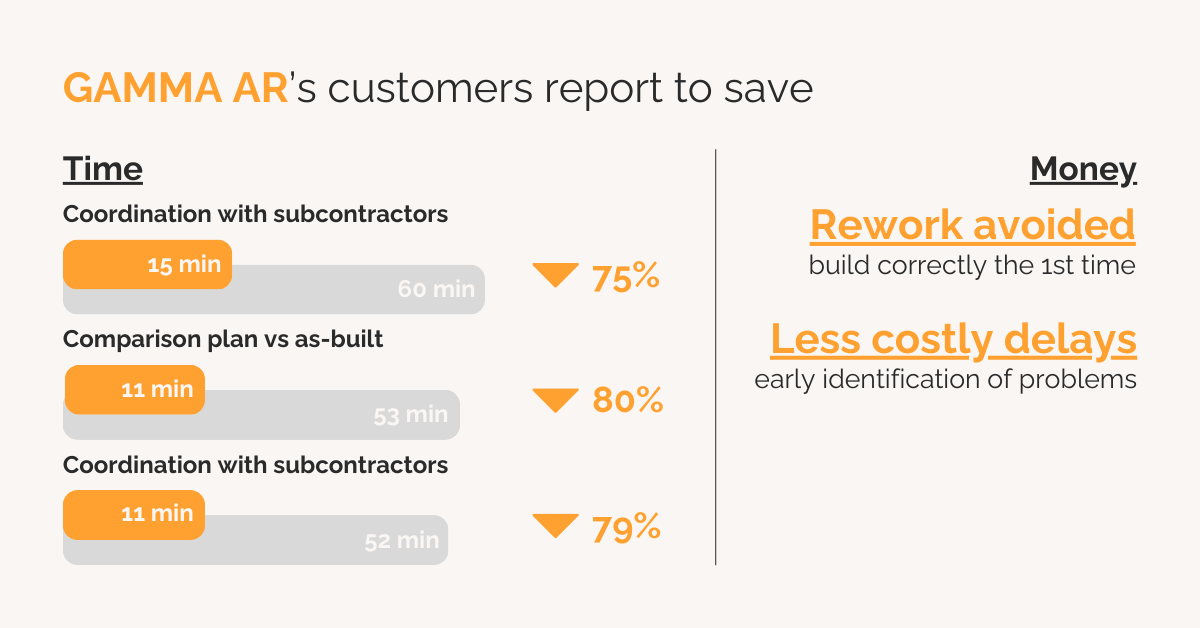Successful Construction Project Management: The 5 Phases

Share this post
The essential phases of Construction Project Management
Design
The Project Design phase lays the groundwork for a construction project.
It involves creating a detailed business case, conducting feasibility studies, and defining project scope. Key activities include identifying stakeholders, setting project objectives, and developing initial project plans.
This phase is crucial for setting expectations and establishing the basis for decision-making and resource allocation. The success of this phase is measured by the clarity and achievability of project goals.
Resource Procurement
Procurement is about selecting the best methods and participants for the project.
This phase involves choosing the appropriate contract types, such as fixed-price or cost-plus contracts, and awarding them to suitable contractors and suppliers.
It is vital to ensure that all procurement activities align with the project’s goals and legal requirements. Effective procurement strategies can significantly impact project costs, quality, and timelines.
Preconstruction Planning
In the Preconstruction phase, preparations are made before actual construction begins.
This involves obtaining necessary permits, conducting site surveys, establishing safety and risk management plans, and finalizing the project schedule and budget. The aim is to ensure that all necessary resources are in place and that potential risks are identified and mitigated. This phase often involves extensive coordination among various stakeholders.
Execution and Oversight
The Project Execution phase is where the actual construction work happens.
It starts with preconstruction meetings and mobilizing resources. Key activities include managing personnel, overseeing construction activities, and ensuring adherence to the project plan. This phase is characterized by dynamic changes and requires constant monitoring and adjustments to keep the project on track. It involves tracking progress against the project plan, making necessary adjustments, managing changes, and ensuring quality control. This phase requires continuous communication among all stakeholders and a robust system for tracking project performance. The goal is to identify and address issues promptly to minimize impacts on the project schedule and budget.
The integration of BIM with AR technologies is particularly beneficial in this phase. It allows for an accurate overlay of BIM models onto the construction site, facilitating precise construction and efficient problem-solving. Additionally, real-time insights provided by BIM and AR aid in promptly identifying and addressing deviations from plans.
Finalization and Handover
The final phase includes activities like delivering the final punch list, commissioning, and closing out the project budget.
This phase is critical for ensuring that all project deliverables have been met and that any remaining issues are resolved.
It also involves gathering and documenting lessons learned to improve future projects. Utilizing BIM models combined with AR on-site ensures a thorough comparison between the final construction and the initial plans, confirming that all project requirements have been met.
Technology can improve Construction Project Management
Through this article, we aim to provide tips on how to improve Construction Project Management, but it would not be possible without today’s technologies.
Technology has already proven its capabilities in ensuring efficient and productive construction projects, as shown here:

Conclusion
CPM is intricate and multifaceted, requiring a deep understanding of each phase for successful project completion. Strategic use of BIM combined with technologies such as AR across these phases significantly bolsters planning, execution, and evaluation, leading to precision, efficiency, and successful project outcomes.
About GAMMA AR
GAMMA AR is a Construction App that brings BIM models to the construction site using Augmented Reality. Check out the features of the software and start your 30-day free trial now.
If you have any questions or need support, send us an email at info@gamma-ar.com
